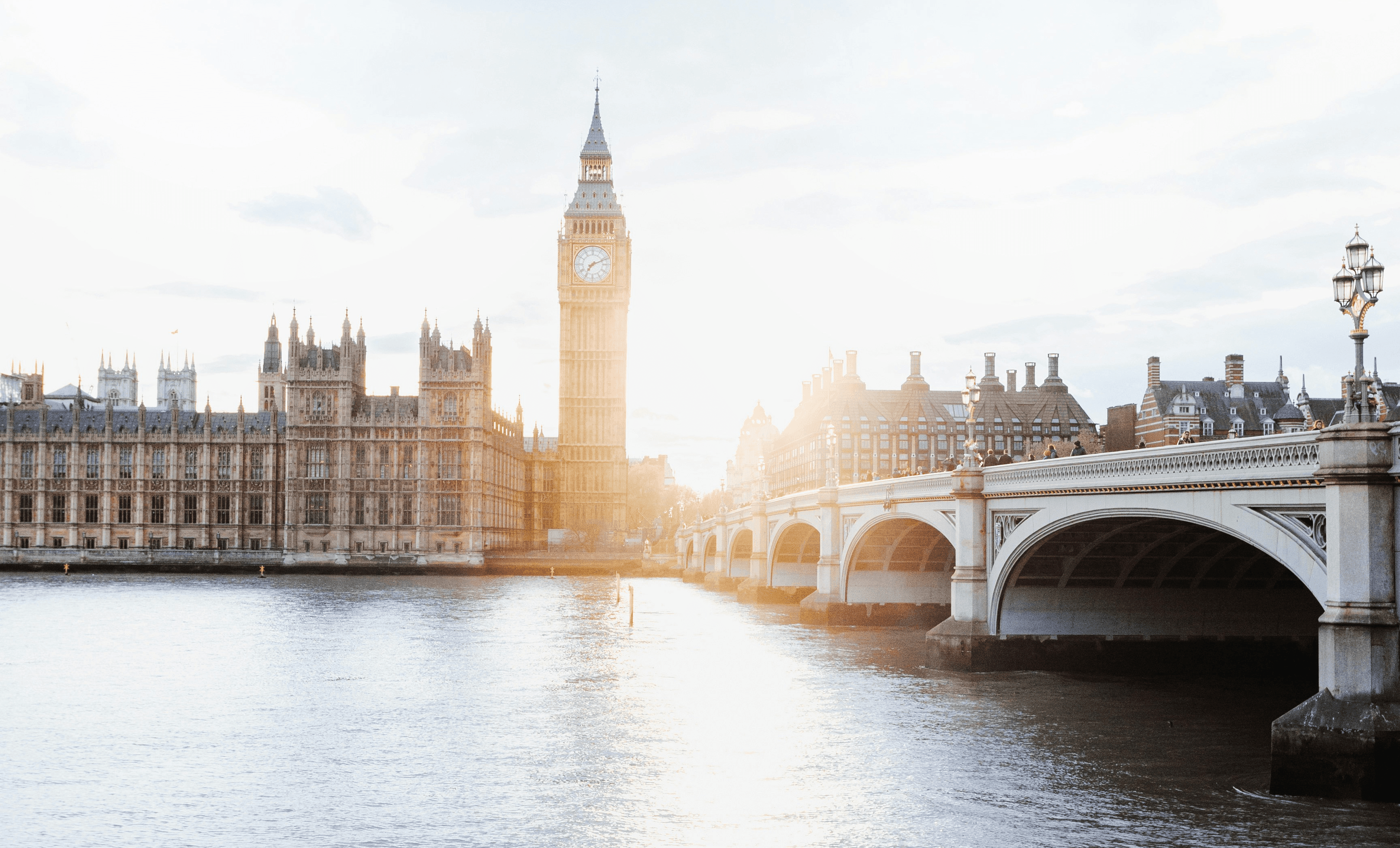News article
RHE Global
A New Government – So What’s Actually New?
By Jeremy Manners, RIAMS Chief Editor
RHE Global
26 Jul 2024
News article
RHE Global
By Jeremy Manners, RIAMS Chief Editor
RHE Global
26 Jul 2024
We have a vastly different House of Commons and new ministers in every department; so what are the key agenda items for environmental health, and who are the people to make it happen?
Key people
Before we start, DLUHC is no more; we are now back to the Ministry of Housing, Communities and Local Government (MHCLG). (It was my favourite name to be fair as it actually says what it is.)
A full list of ministerial appointments can be found on GOV.UK, but here are some of the key people in charge within Sir Keir Starmer’s new government:
The Rt Hon Angela Rayner is Deputy Prime Minister and Secretary of State for Housing, Communities and Local Government. Growing-up on a council estate, she worked as a care worker for Stockport Metropolitan Borough Council before being elected as a trade union rep and joining the Labour Party. She entered Parliament as MP for Ashton-under-Lyne in 2015.
A couple of key ministers at MHCLG include:
Matthew Pennycook as the new Housing Minister
He has been the shadow housing minister since 2021 and was heavily involved in Labour’s support and scrutiny of the Renters (Reform) Bill, tabling a number of amendments. He has local authority experience, having served as a Labour councillor for the Royal Borough of Greenwich for 5 years, and is a keen supporter of building more social housing.
Jim McMahon OBE as our new Minister for Local Government
Jim was a councillor at Oldham Metropolitan Borough Council and led the council between 2011 and 2016. He has represented the constituency of Oldham West, Chadderton and Royton in Parliament since 2015.
We also have:
The Rt Hon Rachel Reeves as Chancellor of the Exchequer
We have seen no indication that local government will see any significant increase in funding, at a time when multiple councils are on the brink of bankruptcy and environmental health teams are shrinking. We are expecting to hear about a gaping black hole in public finances.
Steve Reed OBE as Secretary of State for Defra
Steve has already been vocal on meeting the Government’s Environment Act targets, tackling rural crime, supporting rural communities and reducing sewage in our waterways.
Other notable appointments include Shabana Mahmood as Lord Chancellor and Secretary of State for Justice, and the Rt Hon Ed Miliband as Secretary of State for Energy Security and Net Zero.

What’s on the Government’s agenda?
The Labour manifesto talks about big change, and there was nothing ‘small’ about the content in the recent King’s Speech. Some highlights of their manifesto included delivering clean power, reintroducing onshore wind and increasing solar and offshore wind power by 2030, reducing ASB and crime, reforming social care through supporting people to live independently at home, taking a preventative approach to public health and reducing health inequalities. Quite a to-do list.
The King’s Speech included 40 bills setting out the Government’s priorities for Parliament. Below are some key takeaways for environmental health:
Crime and Policing Bill (England and Wales): “Legislation will be brought forward to strengthen community policing, give the police greater powers to deal with anti-social behaviour.”
Great British Energy Bill (UK wide): “A bill will be introduced to set up Great British Energy, a publicly owned clean power company headquartered in Scotland, which will help accelerate investment in renewable energy such as offshore wind.” And “. . . the Government’s mission to achieve clean energy by 2030, including scrapping the ban on onshore windfarms . . .”
Renters’ Rights Bill (England): This sounds familiar. “Legislation will be introduced to give greater rights and protections to people renting their homes, including ending no-fault evictions and reforming grounds for possession.”
The bill is expected to be laid in Parliament very soon, most likely early in the autumn.
The bill seeks to address “insecurity and injustice” for tenants in the private rented sector (PRS) by:
Providing security by “abolishing Section 21 ‘no-fault evictions’”
Improving conditions and introducing new enforcement powers by “applying a Decent Homes Standard to the private rented sector”
Extending ‘Awaab’s Law’ to the PRS so that landlords and tenants have legally binding timeframes for serious hazards to be removed from their rented homes
Creating a digital PRS database to support tenants, landlords and local authorities
Introducing a new PRS ombudsman to support “quicker, cheaper resolution when there are disputes”, reducing the burden on the courts
“Strengthening local councils’ enforcement powers” by introducing new powers for councils to more easily identify and issue financial penalties against bad landlords.
Tobacco and Vapes Bill (UK wide): Another familiar proposal, to “progressively increase the age at which people can buy cigarettes and impose limits on the sale and marketing of vapes”. This bill will eventually lead to ban on the sale of tobacco and means that no one born on or after 1 January 2009 will ever legally be able to buy tobacco and cigarettes.
The bill will also “stop vapes and other consumer nicotine products (such as nicotine pouches) from being deliberately branded and advertised to appeal to children”. They will only be available to help smokers quit, and Trading Standards powers will be strengthened to prevent underaged sales of tobacco and vapes and provide “enforcement authorities in England and Wales with the power to issue fixed penalty notices.”
Other priorities include building new homes and reforming the planning process, investment in skills and technology, reducing NHS waiting times, improving mental health services, especially for young people, and restricting junk food advertising to children.
Up-to-date, easy-to-access procedures and guidance are available on RIAMS Libraries, supporting environmental health practitioners across all specialisms to work smarter, network and share good practice.
Join the conversation for free on RIAMS Communities.